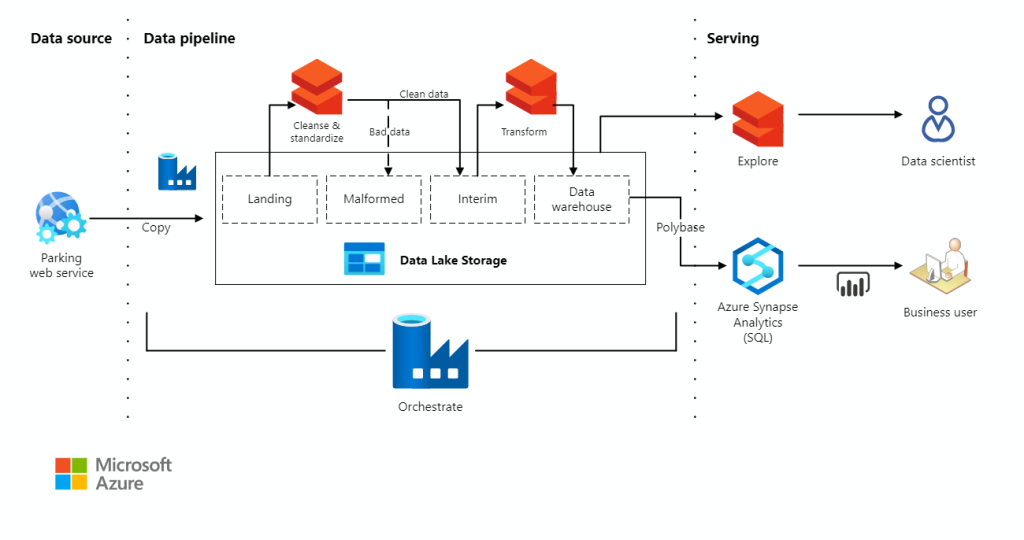
Are you looking for ways to streamline your data management processes on Azure? You’re in luck! Microsoft has developed a suite of DataOps services that can help you automate and integrate your data pipelines, reduce errors, and improve the overall efficiency of your data workflows.
In this article, we’ll explore the different DataOps services available on Azure and how they can benefit your organization.
Introduction to DataOps
Before we dive into the specifics of Azure’s DataOps services, let’s briefly define what DataOps is and why it’s important.
DataOps is a methodology that combines the practices of DevOps and Agile development to streamline data management processes. It involves automating data pipelines, integrating data workflows, and collaborating across teams to improve the overall quality and efficiency of data operations.
DataOps is becoming increasingly important as organizations struggle to manage the ever-growing volumes of data they produce and collect. By adopting DataOps practices, organizations can reduce errors, improve data quality, and accelerate time to insights.
Azure Data Factory
Azure Data Factory is a cloud-based data integration service that allows you to create, schedule, and orchestrate data pipelines. It supports a wide variety of data sources and destinations, including on-premises data stores, cloud-based data stores, and SaaS applications.
With Azure Data Factory, you can automate data movement and transformation tasks, integrate data from multiple sources, and monitor and manage your data pipelines from a central location.
Azure Databricks
Azure Databricks is a collaborative, cloud-based platform for data engineering, data science, and machine learning. It provides a unified workspace for data scientists and data engineers to collaborate and build data pipelines.
With Azure Databricks, you can easily build and deploy machine learning models, run data processing tasks at scale, and collaborate with your team using notebooks and dashboards.

Azure Stream Analytics
Azure Stream Analytics is a real-time data processing service that allows you to analyze streaming data from various sources, including IoT devices, social media, and other data streams.
With Azure Stream Analytics, you can create real-time dashboards, detect anomalies in your data, and trigger alerts based on predefined conditions. It also integrates with other Azure services, such as Azure Event Hubs and Azure IoT Hub, to provide a complete end-to-end solution for streaming data processing.
Azure Synapse Analytics
Azure Synapse Analytics is an analytics service that combines big data and data warehousing into a single, integrated service. It provides a unified experience for data ingestion, data preparation, data management, and data warehousing.
With Azure Synapse Analytics, you can easily analyze large volumes of data using serverless or provisioned resources, collaborate with your team using notebooks and dashboards, and integrate with other Azure services, such as Azure Data Factory and Azure Databricks.
Conclusion
In this article, we’ve explored the different DataOps services available on Azure and how they can benefit your organization. By adopting DataOps practices and leveraging Azure’s DataOps services, you can automate and streamline your data management processes, reduce errors, and improve the overall efficiency of your data workflows.
Whether you’re looking to build data pipelines, analyze streaming data, or perform big data analytics, Azure has a DataOps service that can help you achieve your goals. So why not give them a try and see how they can improve your data operations today?